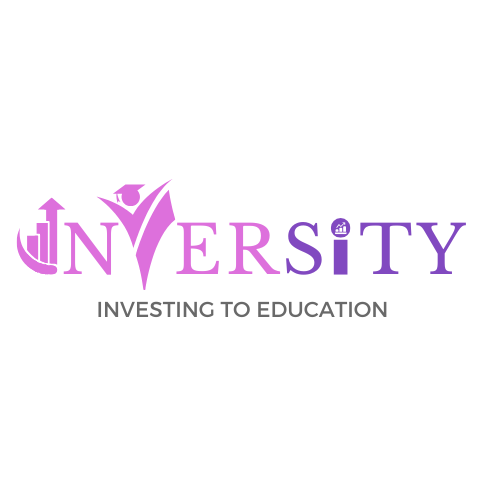Let’s invest in education today—for ourselves, for future generations, and for a brighter, more equitable world.
Education is often described as the key to unlocking the world, a passport to freedom, and a foundation for future success. But what makes it so essential? In a rapidly changing world, education is more than a privilege—it’s a necessity. Let’s explore why education remains the cornerstone of progress and how it empowers individuals and societies alike.
Breaking the Cycle of Poverty
Education is a proven tool in breaking the cycle of poverty. Here’s how:
- Empowering Individuals: Education equips people with skills that open doors to better job opportunities and higher earnings.
- Reducing Inequality: When marginalized groups have access to education, they gain the tools to advocate for their rights and improve their circumstances.
- Improving Generational Impact: Educated parents are more likely to prioritize education for their children, creating a ripple effect of opportunity.
Investing in education isn’t just a benefit for individuals—it’s a game-changer for entire communities.
Driving Innovation and Economic Growth
In today’s knowledge-based economy, education fuels progress. Countries with robust education systems are often at the forefront of innovation. Here’s why:
- Workforce Readiness: Education prepares individuals for the evolving demands of the job market.
- Encouraging Creativity: Learning environments that foster curiosity lead to groundbreaking ideas and solutions.
- Global Competitiveness: A well-educated population is critical for nations to thrive in an interconnected world.
By prioritizing education, we not only prepare individuals for their futures but also position economies for sustainable growth.
Building Stronger, Healthier Societies
Education is the backbone of a thriving society. It influences health, safety, and community well-being in profound ways:
- Health Awareness: Educated individuals are more likely to make informed health decisions and adopt healthier lifestyles.
- Reducing Crime Rates: Access to education often correlates with lower crime rates, as it provides constructive paths for growth.
- Promoting Unity: Education fosters understanding and tolerance, bridging divides and reducing prejudice.
Overcoming Barriers to Education
While the benefits of education are clear, millions worldwide face barriers:
- Economic Constraints: Families living in poverty often prioritize immediate needs over long-term education goals.
- Cultural and Gender Bias: Discrimination and outdated norms can prevent women and minorities from accessing education.
- Resource Limitations: A lack of infrastructure, trained teachers, and materials hinders learning opportunities in many regions.
Addressing these challenges requires a collective effort from governments, NGOs, and individuals.





